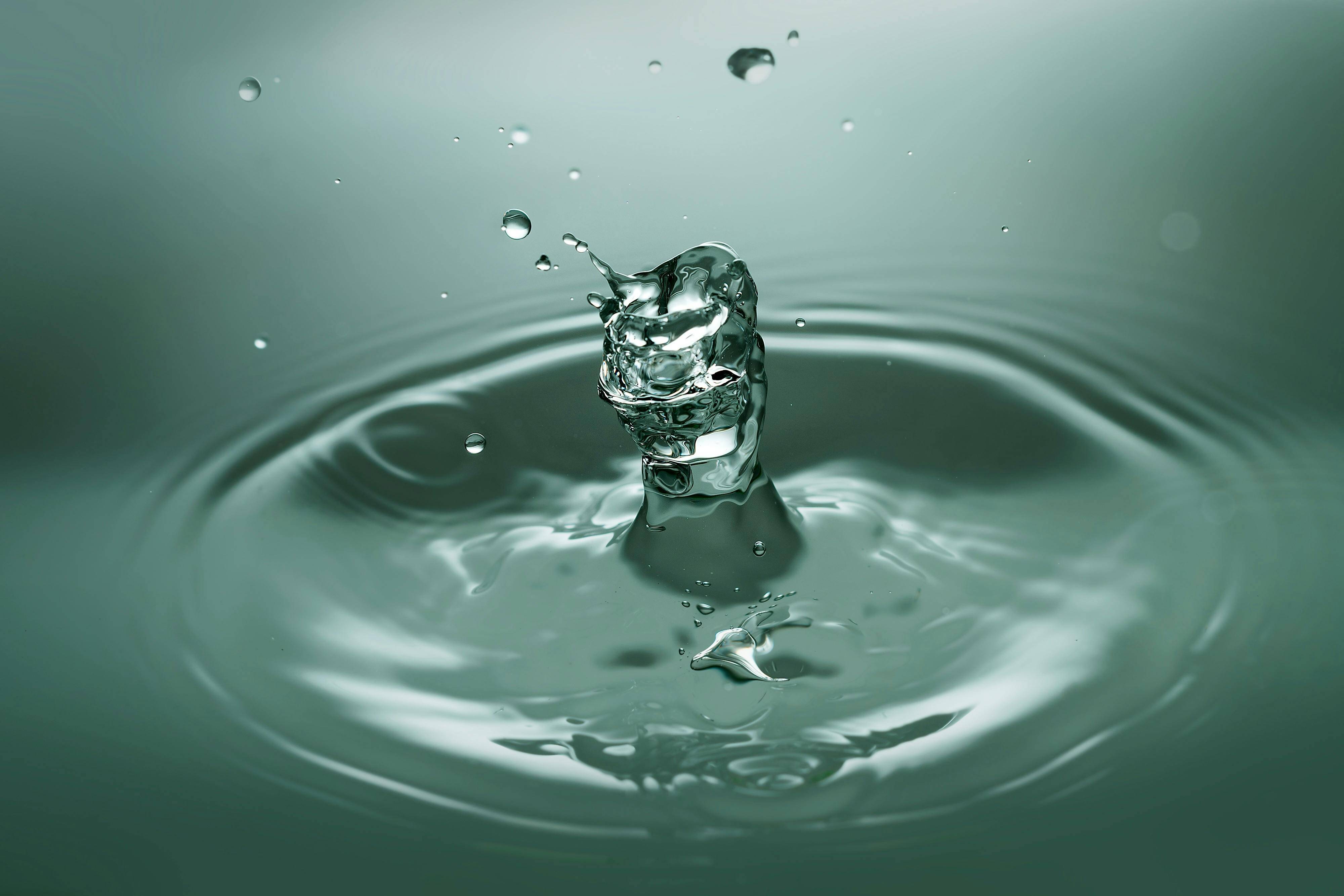Week in water: updates from across the water community

This week in water, Sydney hosted a new global summit focused on driving investment in nature restoration and sustainability, bringing together leaders from around the world, and new research offers fresh insights into the declining river flows in the Murray-Darling Basin, highlighting the impact of climate change.
Meanwhile, international developments include a breakthrough in understanding how wastewater bacteria can degrade plastics and an innovative method for hydrogen storage using submerged pipes in reservoirs.
Do you want in-depth articles on trends within the water community delivered to your inbox? Sign up for the Australian Water Association’s National Source newsletter here.
National
Global Nature Positive Summit held in Sydney
Last week, Sydney hosted the inaugural Global Nature Positive Summit, bringing together global delegates, including ministers, environmental groups, First Nations peoples and community leaders. The summit explored methods to boost investment in nature repair.
The summit follows the Global Biodiversity Framework established by 196 countries last year, often described as the “Paris agreement for nature”. The Framework aims for US$200 billion in annual funding towards nature restoration by 2030.
National Water Week to accelerate action
Organisations around Australia are getting ready to participate in National Water Week (21 –27 October). Hosted by the Australian Water Association, National Water Week encourages individuals, communities and organisations to engage in efforts to raise the profile of water as Australia’s most precious resource.
This year’s theme – Accelerating Action – is focused on galvanising collective efforts towards lasting change, with a call to contribute to creating a sustainable water future for generations to come.
Interested in getting involved in National Water Week as an individual or organisation? Find out everything you need to know here.
States and territories
Community panel to shape water pricing in Tasmania
In Tasmania, a new Water Future Community Advisory Panel has been established to engage citizens in shaping TasWater’s next Price and Service Plan submission to the Economic Regulator.
The panel aims to deepen community involvement in water management decisions over the coming months. Participants will explore regulatory processes, review community feedback and engage with experts to gain insights into the challenges facing TasWater.
Joint development agreement boosts Pilbara water security
In the Pilbara region of Western Australia, a Joint Development Agreement (JDA) between Legacie and bp aims to explore sustainable water solutions. The agreement will progress an Order of Magnitude study focused on the Ngarluma Water project, a crucial element for long-term water security and decarbonisation efforts in the region.
Legacie CEO Michael Froud said: “This agreement strengthens our collective efforts in enabling multi-user infrastructure that supports regional development while ensuring responsible environmental stewardship".
Sydney Water reassures on water quality
Sydney Water has reaffirmed the safety of the city's drinking water amid growing public concern about PFAS levels.
Recent tests have shown that levels of PFAS are far below the Australian Drinking Water Guideline limits, with Sydney Water emphasising that drinking water is not a primary source of PFAS exposure.
Sydney Water Head of Laboratory Services Julia Bartlett said: “Our customers can be assured the quality of water delivered to taps after treatment consistently meets the guidelines”.
UTS study links climate change to lower Darling River flows
New research from the University of Technology Sydney (UTS) reveals that climate change, particularly reduced rainfall in late autumn, has contributed to the decline in river flows in the Baaka/Darling River since the 1990s.
The study highlights that reduced rainfall is impacting flows even before water is extracted for agricultural and other uses. The findings stress that less rain will fall in the Darling River catchment as climate change worsens, a critical consideration for water management
International
Exploring wastewater bacteria for plastic waste management
Researchers at Northwestern University in the US have identified how a wastewater bacterium breaks down plastic into smaller pieces and uses it as a food source. The study marks the first time this complete breakdown process has been documented.
This discovery could pave the way for innovative, bacteria-based approaches to managing plastic waste, which is a significant pollutant in water systems worldwide.
Harnessing water infrastructure for hydrogen storage
Meanwhile, a study from the University of Science and Technology in Saudi Arabia has proposed a novel method for hydrogen storage using high-density polyethylene pipes at the bottom of lakes and reservoirs.
This technique could enable green hydrogen storage, offering a potential solution for sustainable energy management in water-rich environments.
Interested in staying up to date on trends and insights within the water community? Sign up for the Australian Water Association’s national newsletter here.



